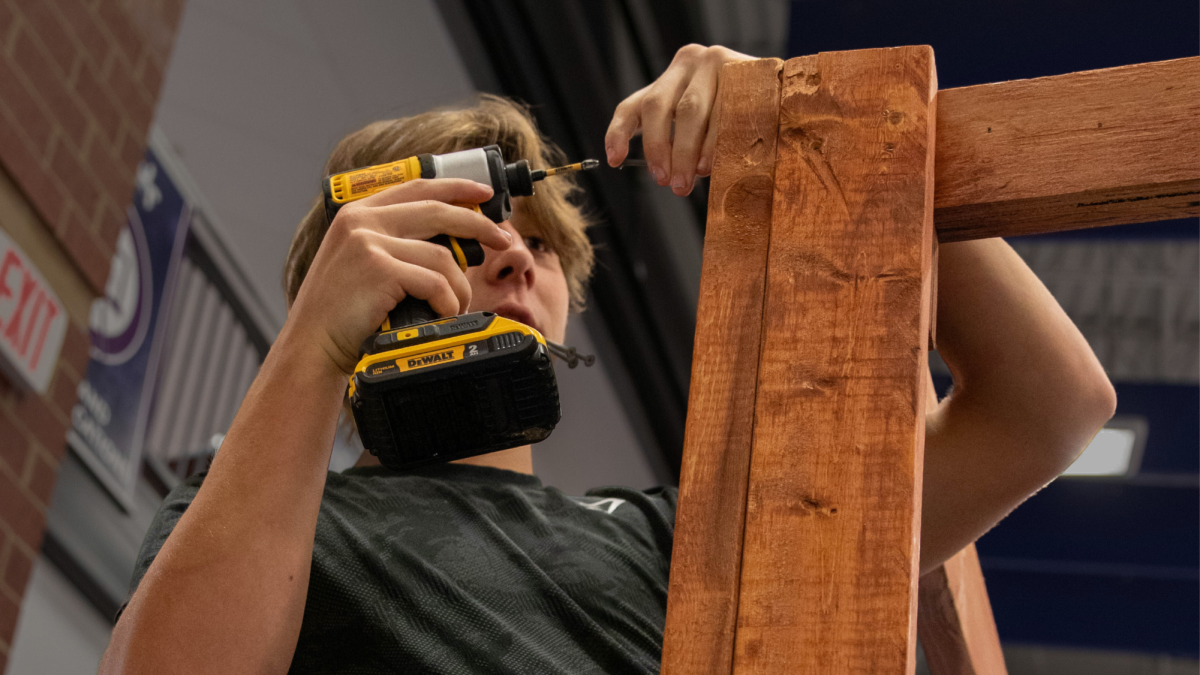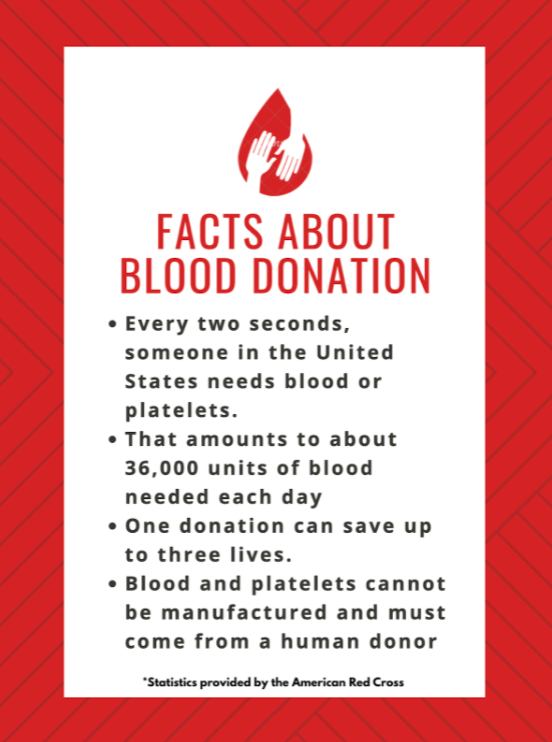Blood supply crisis calls for increased donation, awareness
Photo by Mimi Casey '22
Blood donation is an oft-overlooked but necessary component of the infrastructure of modern medicine. Pandemic-induced shortages have made it more important than ever to donate.
November 10, 2021
The first time I donated blood was one of the worst days of my life. While my will is strong, my stomach is not, and throwing up in a mask is not an experience I would recommend to anyone. Thankfully, emesis followed the donation rather than interrupting it, I was still able to successfully donate three units of blood and they gave me a free shirt for my troubles.
It was still, on the whole, a terrible day. Despite this, eight weeks later, I donated again. Blood donation is, sometimes, a very messy business, and is certainly more involved than dropping off a box of old clothing at Goodwill. However, donating blood is now more important than ever, and is something everyone who is able to should do.
Donated blood is necessary in a variety of medical situations. Cancer patients, for example, are the recipients of about 25% of the blood supply, but various emergencies and accidents require donated blood as well. Victims of car crashes, burn victims and people with blood disorders are all frequent recipients.
Currently, in a global pandemic that is seeing hospitals overwhelmed by patients, there is simultaneously an unprecedented blood shortage.
According to a news release by the American Red Cross, a current blood and platelet shortage is seeing the blood supply at its lowest since 2015. This, perhaps, is connected to the fact that, as per the Association for the Advancement of Blood and Biotherapies, while 38% of the population is eligible to donate blood, only 10% do. The pandemic, no doubt, has decreased that percentage. To make up for this shortage, NBC Connecticut reports that an additional 10,000 blood products are needed, making it more important than ever for those who do not donate to start doing so.
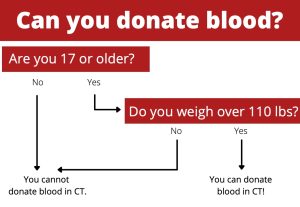
According to a study published in the National Library of Medicine, most people do not donate blood because they either think of it as too inconvenient or as less important in the hierarchy of community service. This is despite the fact that blood donations are a fundamental part of modern medicine. In the United States, someone requires blood or platelets every two seconds. The magnitude of such need is somewhat difficult to understand, especially for people who have not ever needed nor even imagined needing a blood transfusion. Though not endowed with the gravitas of giving a stranger CPR on a subway or rescuing a neighbor from a burning building, blood donation remains just as important in saving people’s lives.
As for the inconvenience, I will not deny that there are several ways of giving that are easier, but perhaps none as profoundly rewarding. In Westport, donation centers are not far. On the Connecticut Red Cross website, there is a tool that allows prospective donors to search for donation centers or drives by zip code. Currently, the nearest blood drive is less than 10 miles away. In Connecticut, you must be at least 17 years old to donate and weigh over 110 lbs. That criteria creates a very large pool of eligible donors. Even if you yourself are unable to donate blood, encouraging those who can to do so is an important undertaking in a veritable time of crisis.
Blood donation, as I can strongly attest, is a somewhat unglamorous way to aid one’s community and is nonetheless one of the most crucial acts of giving that can be accomplished in one’s life.
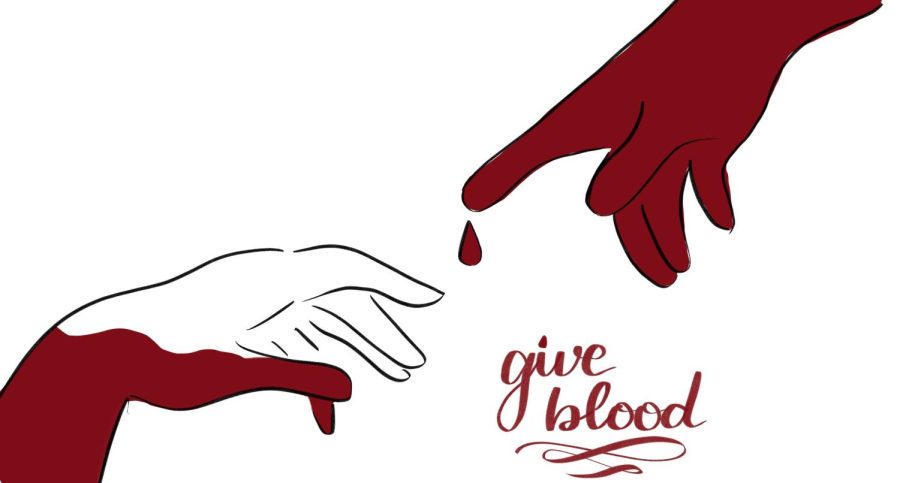
This story was originally published on Inklings on October 24, 2021.



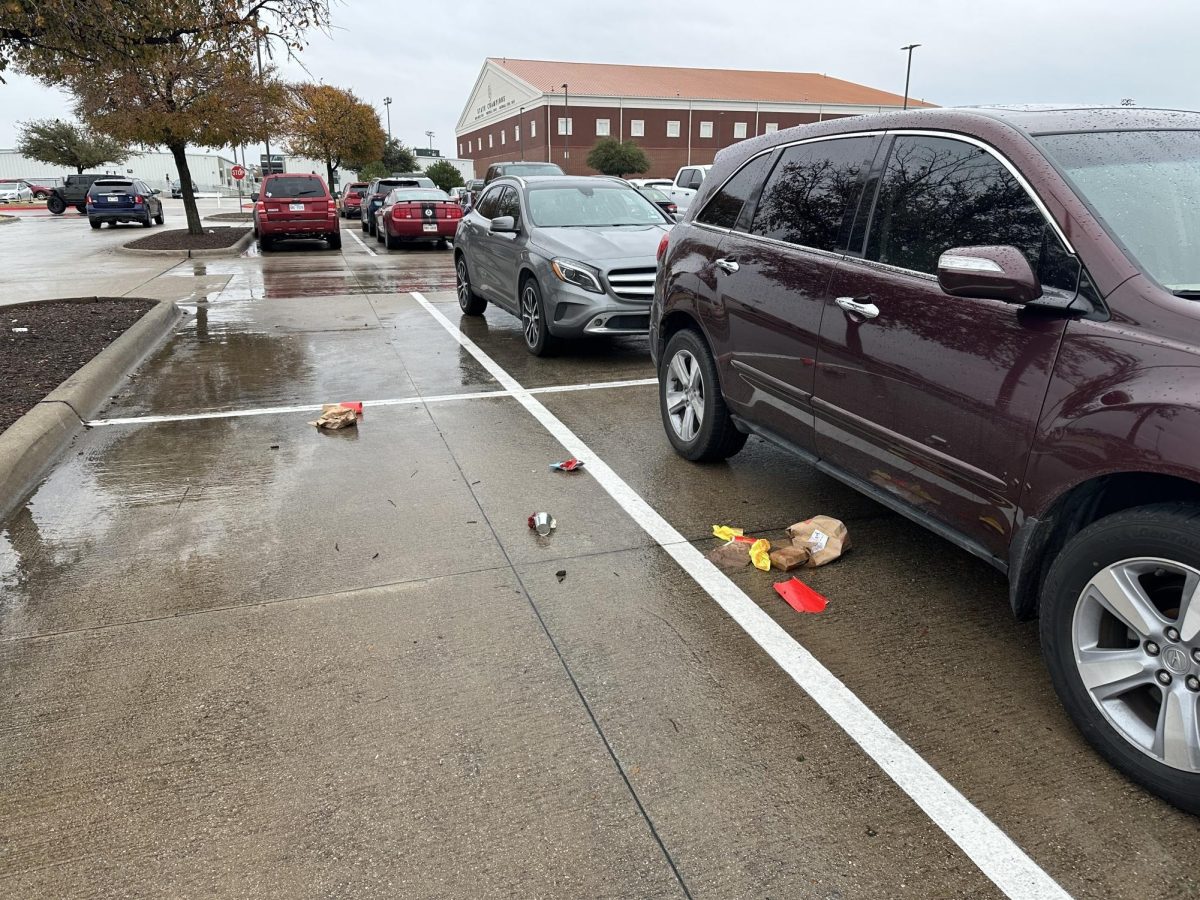


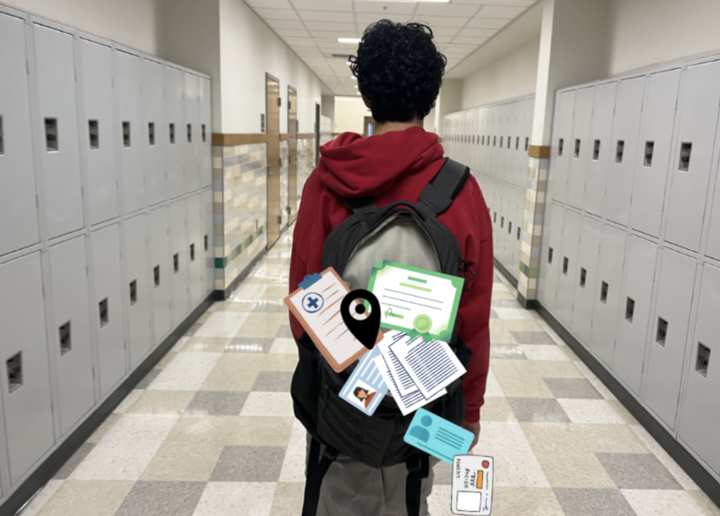
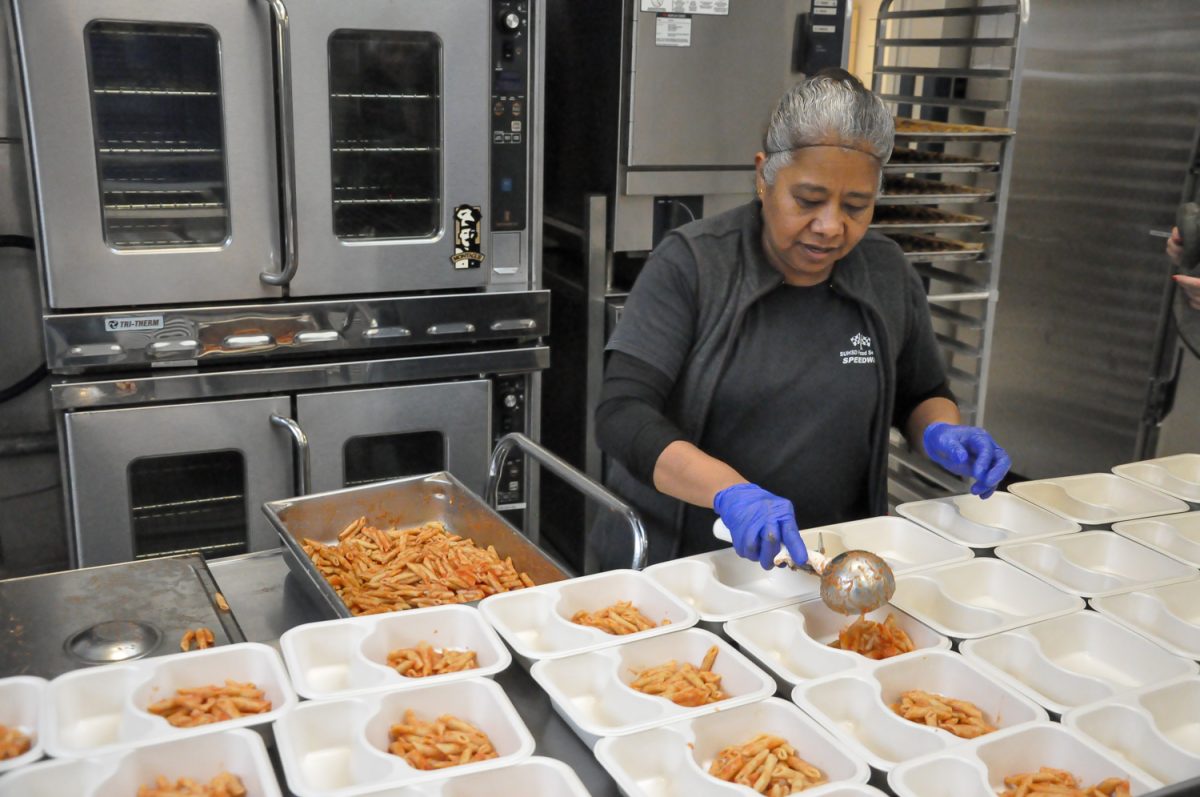













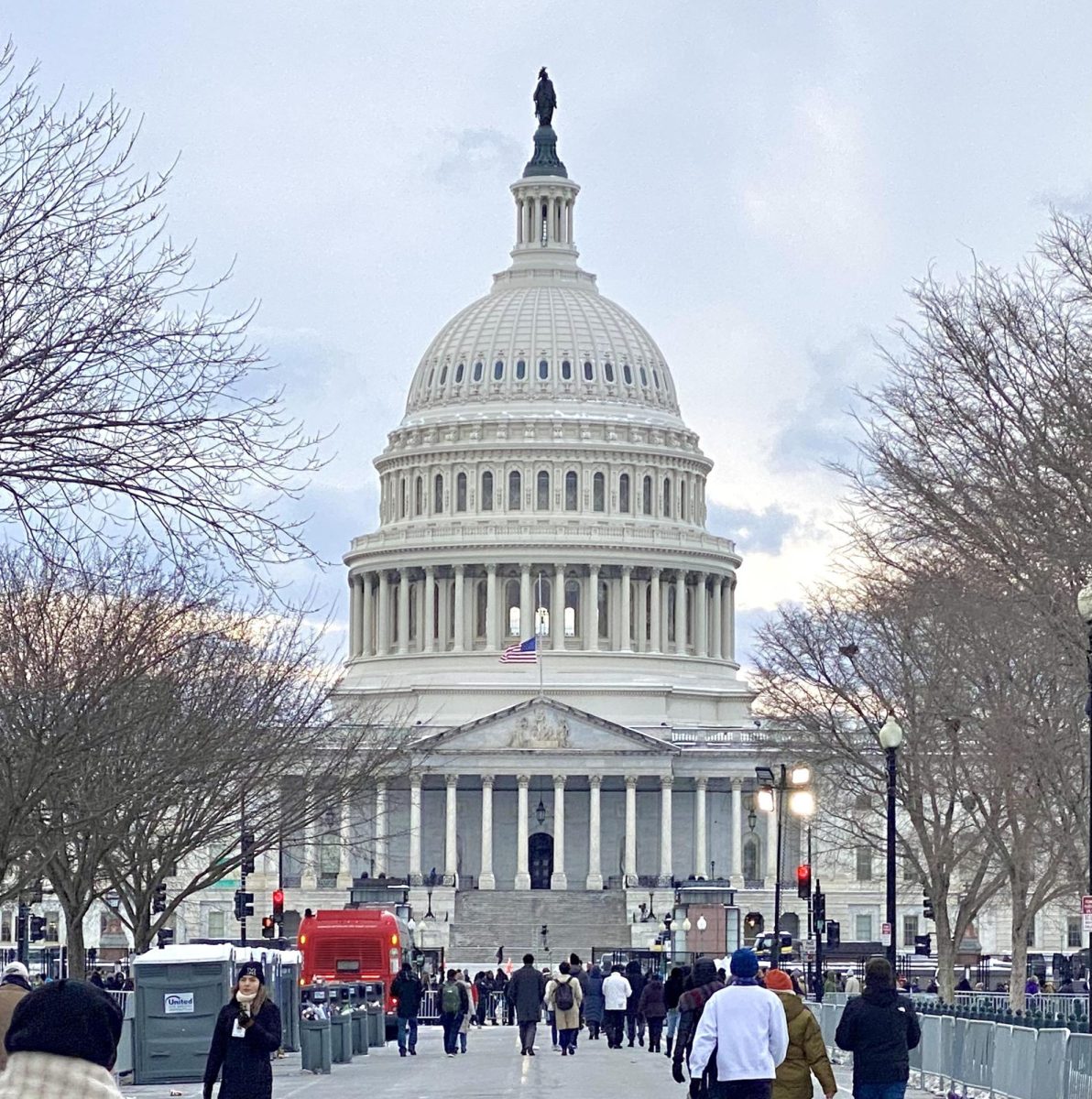




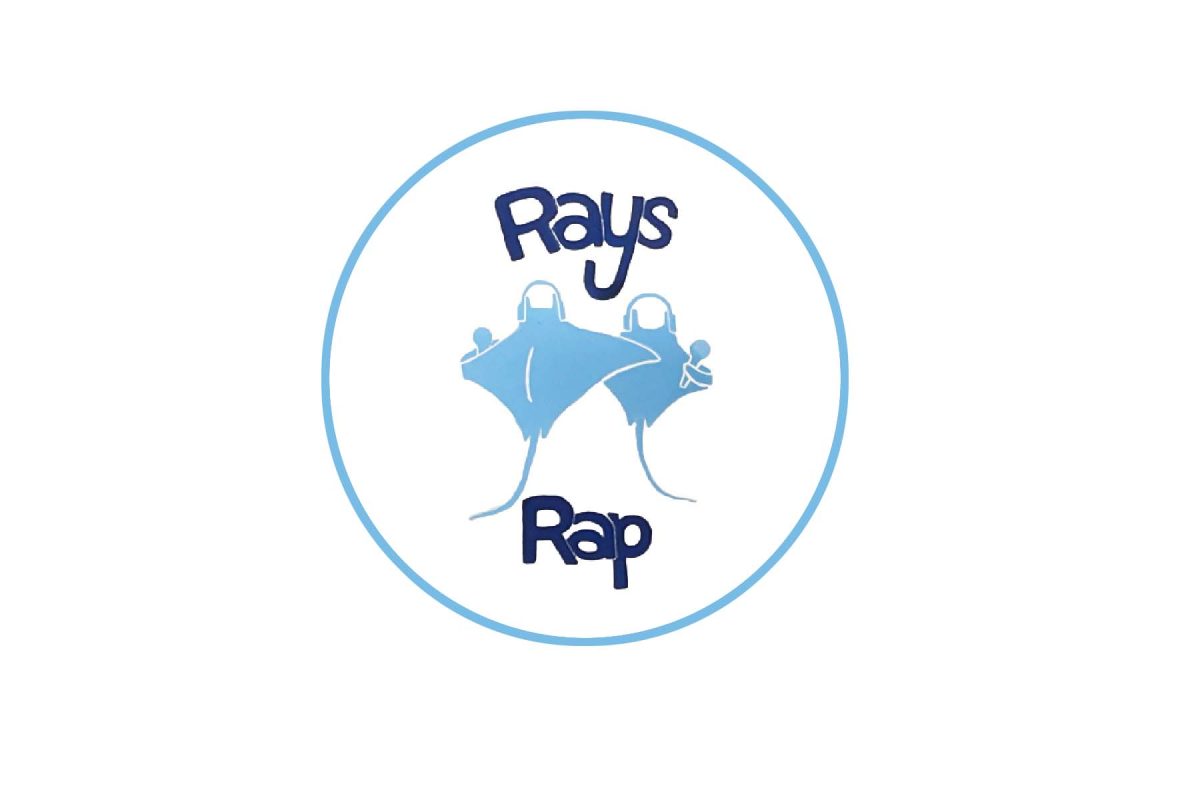

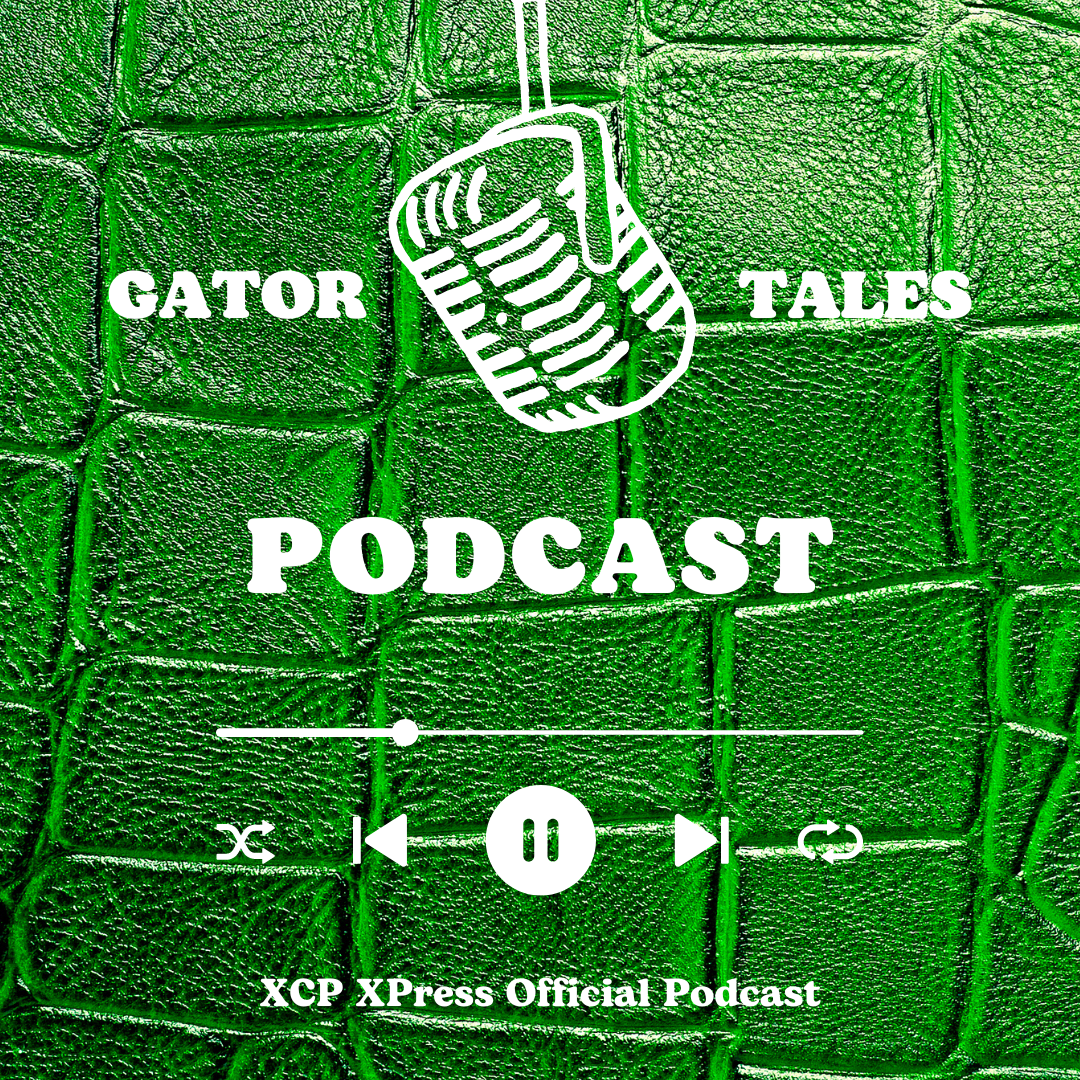


![NEW CHALLENGE, NEW TEAM MEMBERS: Every season, VEX creates a new game that robotics team members are faced with and have to build a robot to compete in. This year’s game forces students to create a robot that is able to stack rings onto mobile goals in order to score points. The change in games each season is something that robotics teacher Audrea Moyers appreciates.
“One of the things that I like about VEX is that they have a new problem to solve every year,” she said. ¨Even though the equipment’s the same, they have to analyze the game, and they have to come up with solutions that are unique that year. They are using their knowledge from prior years, but they have to kind of redesign a problem.”
As returning teams were faced a new game, some new teams and members had to adapt to a uncommon playing field and game.
“Three of our four teams were competing for the first time this year, and they had very different experiences match to match, so I think they learned a lot,¨ she said. ¨It’s hard just watching a video online to know how it’s actually going to be in person, so they all learned a lot about what gameplay is like, how to work with an alliance partner [and] how to adapt during the day to changes.”](https://bestofsno.com/wp-content/uploads/2024/12/IMG_9283-1-1200x800.jpg)

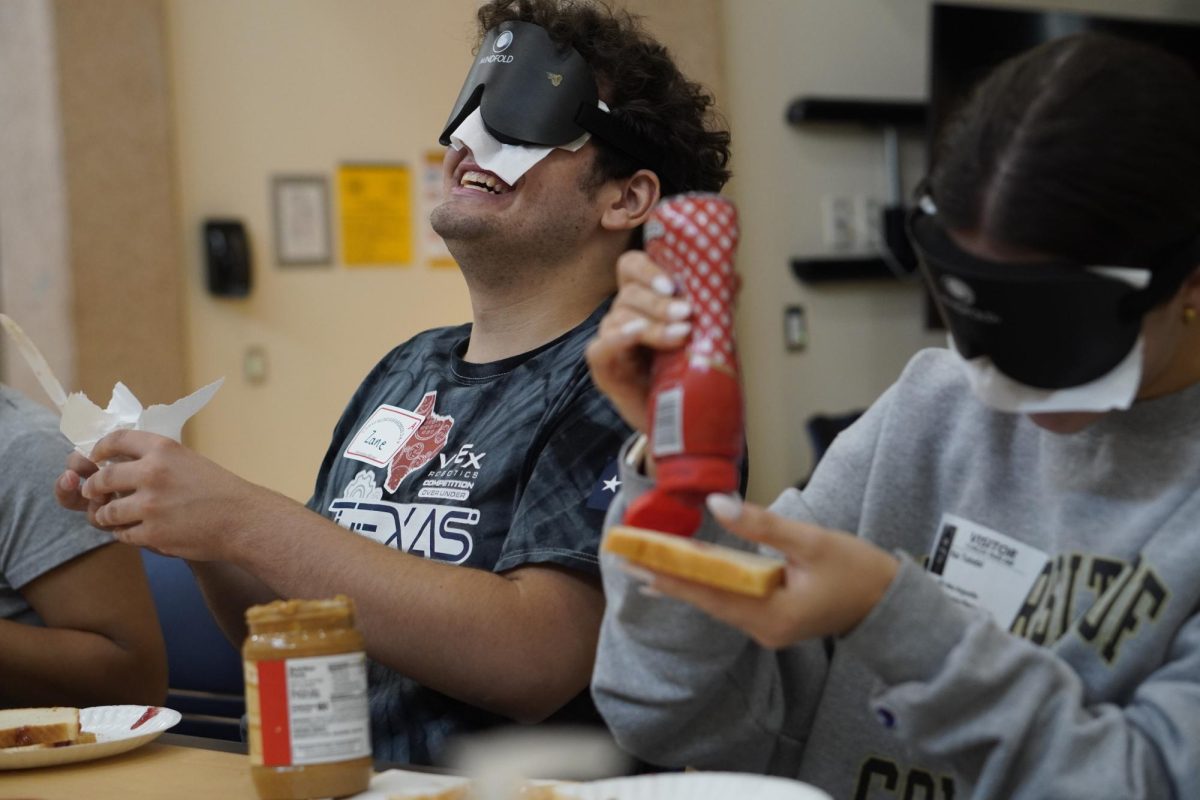
![French teacher Marieme Toure serves a plate of the Senegalese food she prepared for her AP French Language and Culture class, to senior Faiza Syed. “I never had Senegalese food before,” Syed said. “I thought it was so cool that she was able to bring a part of her culture [and] background to us.”](https://bestofsno.com/wp-content/uploads/2025/01/IMG_0798-1200x906.jpeg)

